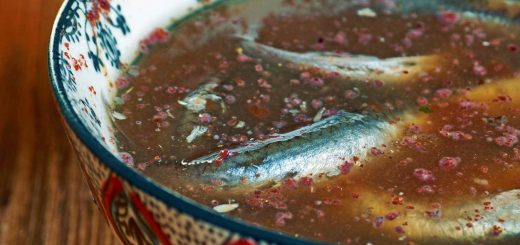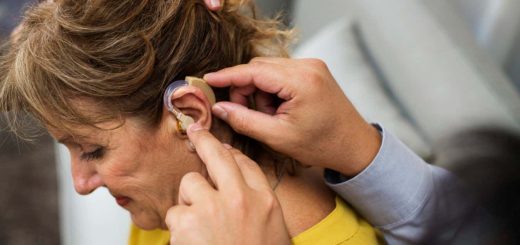Gene therapy delivered into the brain could treat alcohol misuse
Rhesus monkeys that drank the equivalent of several units of alcohol a day when it was offered to them reduced their consumption by more than 90 per cent after gene therapy
By Clare Wilson
14 August 2023
The reward pathway in the human brain, showing how a stimulus such as alcohol leads to the release of the chemical dopamine, which affects our emotional response and reinforces the release of further dopamine and other hormones
FERNANDO DA CUNHA/SCIENCE PHOTO LIBRARY
Alcohol misuse could one day be treated by a one-off gene therapy delivered into people’s brains, after a small trial in monkeys found this slashed their alcohol intake.
The gene therapy raised production of the signalling chemical dopamine, which is thought to be involved in addiction. If the treatment also works in people, it would probably be given only to those with the severest forms of alcohol misuse, because of the risks of the procedure to the brain.
Currently, the main treatment for alcohol misuse is talking therapies. While there are some medicines that can be used to reduce alcohol consumption, they don’t work for everyone.
Advertisement
Some people who want to stop drinking are thwarted by cravings for alcohol and stop taking these medicines. So, Kathleen Grant at Oregon Health & Science University in Portland and her colleagues wondered if gene therapy could be a treatment with long-lasting effects.
People who have drunk excessive amounts of alcohol for many years often have lower levels of dopamine in two regions roughly in the centre of the brain called the ventral tegmental areas. “This contributes to people needing alcohol for [feelings of] reward,” says Grant. Her team therefore designed a gene therapy that raised dopamine in these areas.
The group tested the approach in rhesus monkeys. As adolescents, these monkeys had chosen to drink relatively heavily when offered alcohol. By adulthood, they were choosing to consume the equivalent of several units of alcohol a day.


